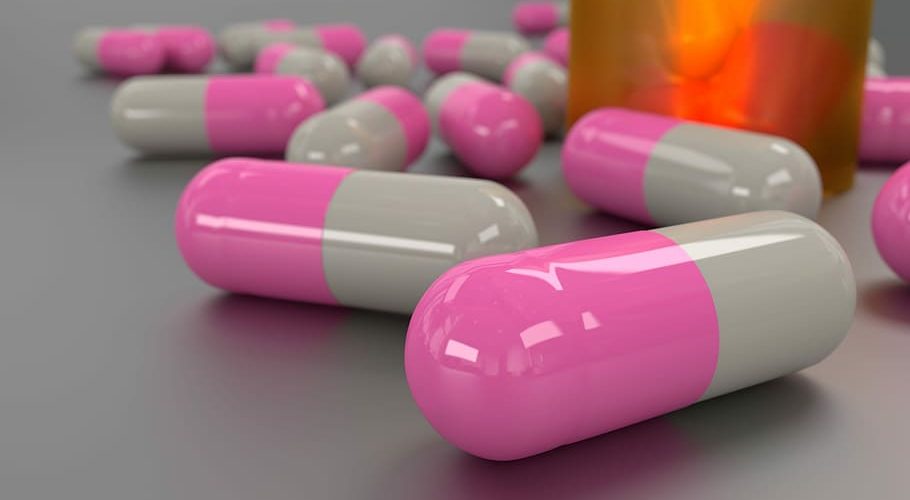On 27 February 2020, Advocate General SZPUNAR gave its opinion in case C-331/19, dealing with the definition of ‘foodstuffs for human consumption’.
The question is raised in a case where a business sells certain products as sexual stimulants. Those are capsules, drops, powders and sprays that are intended to be taken orally. The company applied the reduced VAT rate to the sales of these products, treating them as ‘foodstuffs’.
The tax authorities take the view that the products were not foodstuffs and were therefore subject to the general VAT rate.
Considerations:
Value added tax (‘VAT’) is an indirect tax. This means that its economic burden is entirely passed on to the consumer of goods and services, which in fact he bears. To limit this price-determining effect of the tax on certain goods and services considered to be of particular social interest, the legislator has provided for a number of VAT exemptions and the possibility of applying a reduced VAT rate. The latter option includes foodstuffs and also products intended for use in their preparation or to supplement or replace them.
However, as the case-law of the Court shows on this issue, the classification of certain goods in those categories faces difficulties. In the present case, the Court has the opportunity to define these terms in more detail, which should reduce the number of litigation on them in the future, although it will undoubtedly not be able to prevent all litigation.
In the usual sense, foodstuffs intended for human consumption must be treated in the same way as ‘foodstuffs’, that is to say, products used by humans for the absorption of nutrients. The purpose of this process is to provide the organism with nutrients, that is, components that serve to build up, provide energy and regulate it, as well as water. These components are a condition for the maintenance, functioning and development of the organism.
The definition of the term ‘foodstuffs for human consumption’ will therefore include all products (processed or unprocessed) that provide the human organism with nutrients and are consumed to administer those substances.
Opinion:
The AG gives the following opinion:
“The concept of ‘foodstuffs for human consumption’ refers to products containing nutrients and are in principle consumed to provide the human organism with these nutrients. On the other hand, the concept of ‘products normally intended to supplement or replace food’ refers to products that are not foodstuffs but contain nutrients and are consumed instead of foodstuffs to supply the organism with those substances, as well as products that are consumed to support the nutritional function of foods or products replacing them.”
In other words: The producs in question cannot be regarded foodstuffs, and the reduced VAT rate does not apply.
Source: Curia (Dutch version, currently not yet available in English)
Note:
This is a Dutch referral about the reduced VAT rate for sex-stimulating drugs, made from ingredients that fit within a normal diet and that have to be taken orally. The Dutch Court is asking whether ‘foodstuffs for human consumption’ covers any substance or product, whether processed, partially processed or unprocessed, intended to be, or reasonably expected to be ingested by humans.















